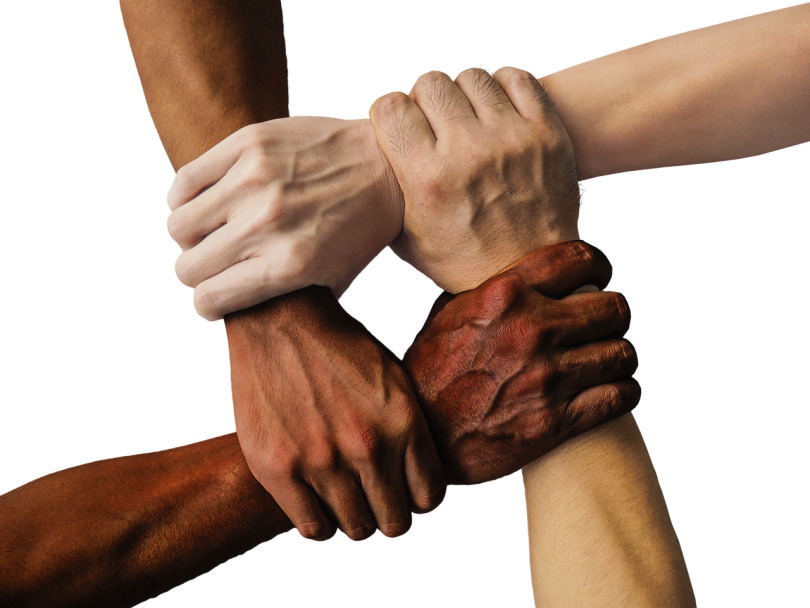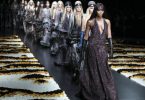Australia is a land teeming with migrants. The nation comprises more residents born overseas than other multicultural icons like the United States, New Zealand, Canada, and the United Kingdom.
A third of the Australian population was born overseas; nearly half of Australian citizens had either been born overseas or one or both their parents had been born overseas; over one-fifth of Australians speak a language other than English at home.
Yet Australia’s journalism industry doesn’t reflect this; at the ABC, for example, CALD employees make up only 9.2% of content maker roles.
Why is this important?
Simply put, it’s not an accurate depiction of the community that makes Australia what it is.
“Here in Melbourne, it’s so diverse and we have so many different cultures and communities and they [readers] want to see represented in the media that they are consuming,” Time Out editor Rebecca Russo says.

Image credit: Daniel Boud
“We’re covering a lot of different things in the city; food festivals; restaurant reviews; art festivals; so we cover a huge breadth of things in the city and obviously, the people who are covering these things, we want them to be as representative as the people who are living in the city.”
Representation vs Tokenism
There’s undoubtedly a fine line between ‘representation’ and ‘tokenism’.
Merriam-Webster defines ‘tokenism’ as “the policy or practice of making only a symbolic effort”. In other words, it is the act of merely making a token effort or granting minimal concessions — especially when it comes to marginalised groups.
A prime example of this is Vietnam War-themed Rickshaw bar, which was met with controversy when it opened in March.
Adorned with bullet shells and holes, the establishment marketed itself as reminiscent of “Saigon in the 70s”, Russo says.
This aesthetic could be seen as fun and fresh when taken at face value. But take into account that it was opened by a white man and his team, who weren’t remotely Vietnamese-associated, and it’s clear that this is a combination of appropriation and tokenism.
Russo says, “Something was just a bit… Not correct about this. Like, why are you theming the bar around a horrific war where many many many people died?”
In response to the controversy, the bar released a statement to Broadsheet, “We are saddened that our creative concept for our cool little bar has caused upset in the community, it was never intended that way.”
Rickshaw Bar is not even a first of its tone-deaf kind; Suey Sins, Colonial Co and Uncle Ho all met the same fate for the same reasons.
What can editors do?
The responsibility is not just on journalists, but also editors, to address the issue and be conscious of it.
Apart from being more receptive to covering different topics, it is crucial to seek them out rather than waiting for them to come around.
“I’m in a position of power, I’m in a position where I can hire people, I can hire freelance writers and that sort of thing, it’s my duty then, to hire those people,” she says.
“Because otherwise, who’s going to be doing it?”
Time Out editor Rebecca Russo on CALD representation in the journalism industry and controversy surrounding the Vietnam war-themed Rickshaw Bar.



